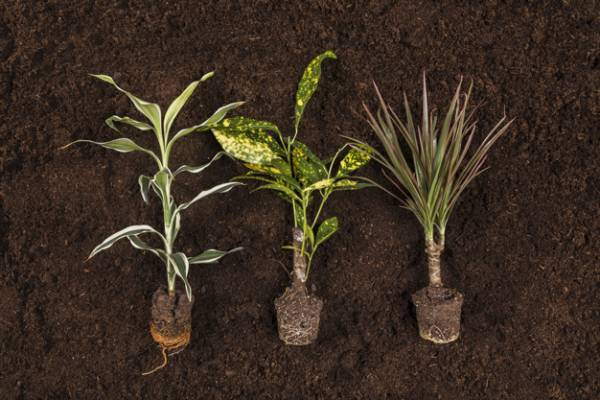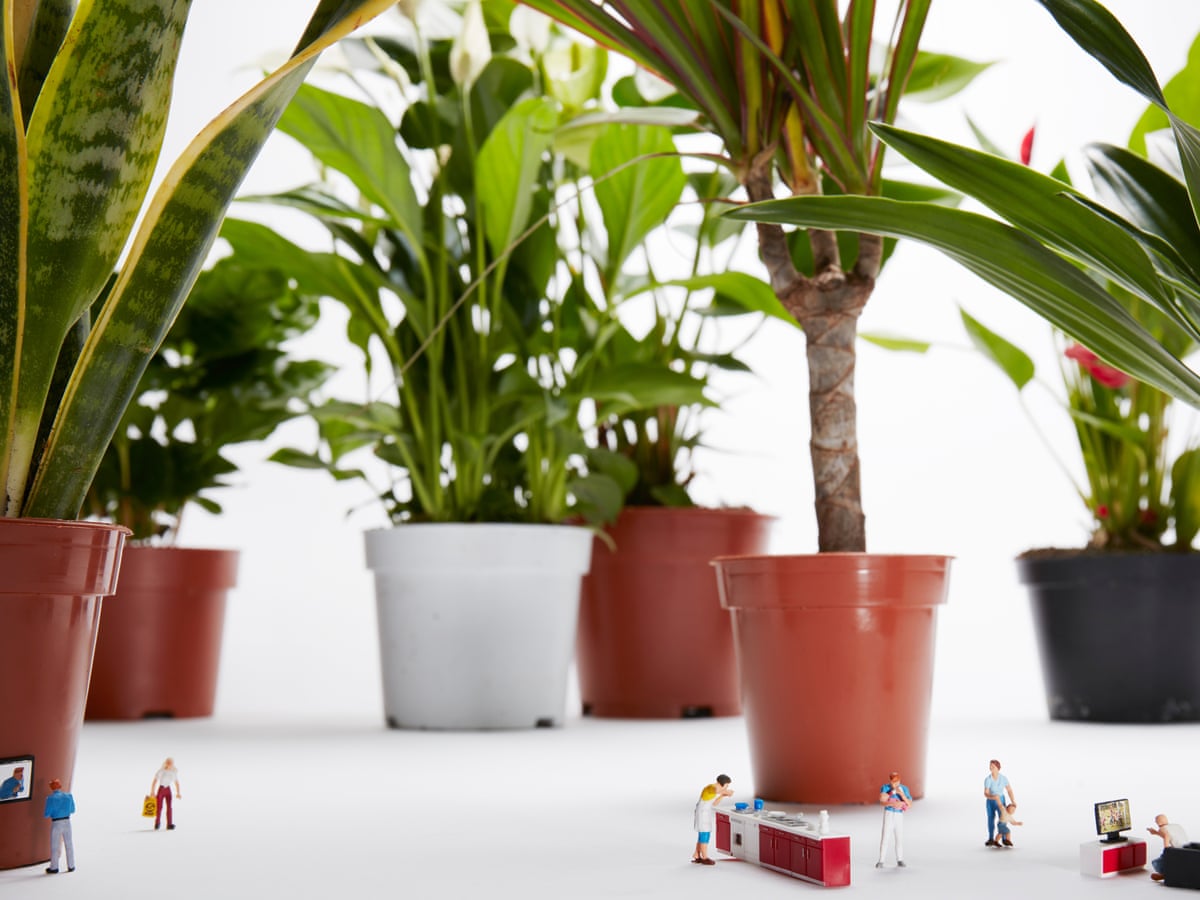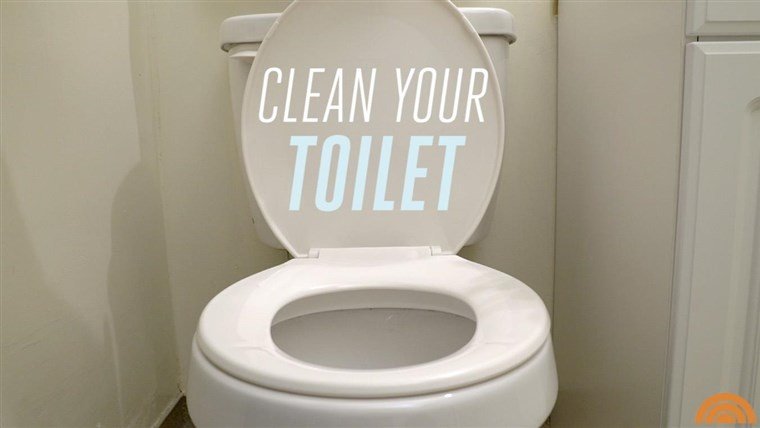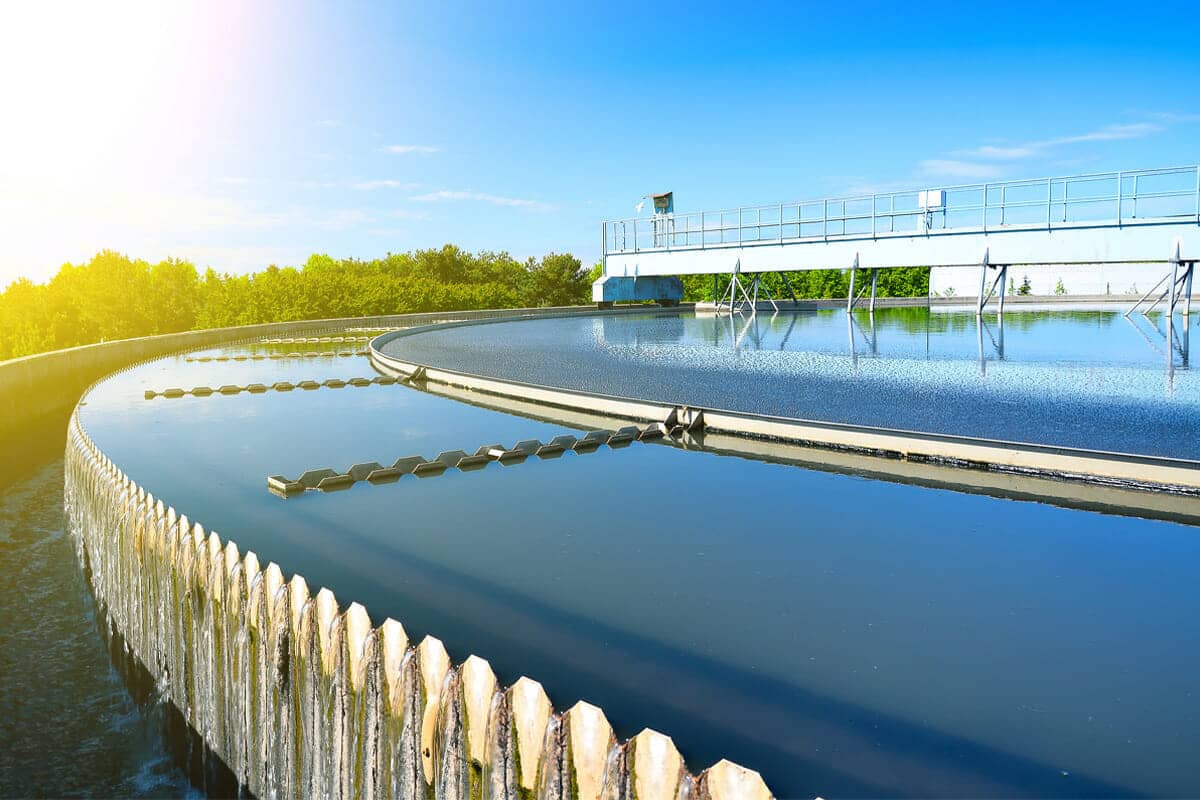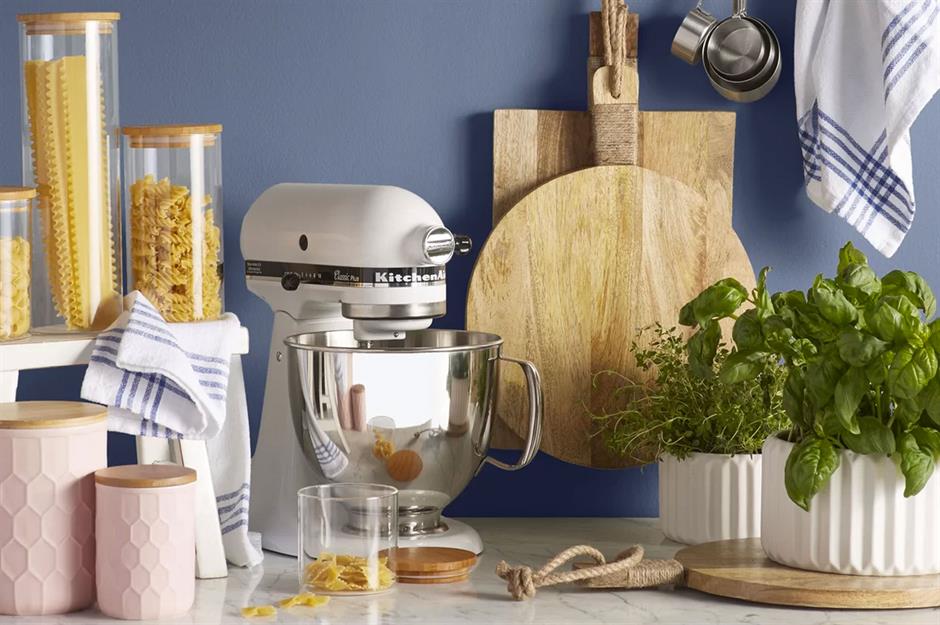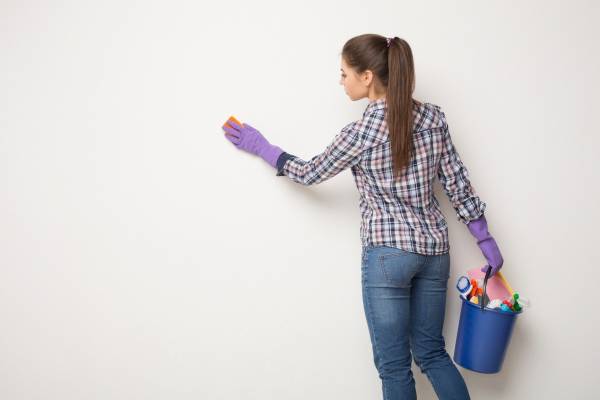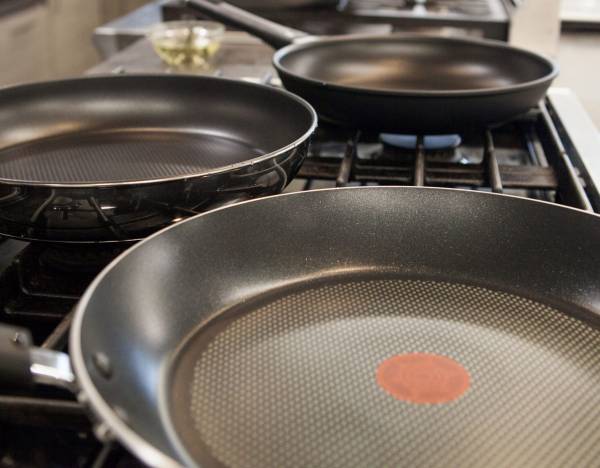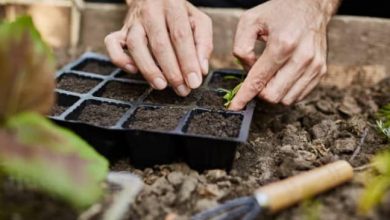How to clean electric glass stove top
If you cook only a few meals a week, your stove will get dirty. A pot full of oil can create a messy mess. Gas cleaning is usually a complicated process. However, there is no need to use harsh chemicals that can damage surfaces and cause illness.
Cleaning methods can damage gas, but in this part of the site’s housekeeping tips, you’ll find easy ways to clean cooking surfaces and light the stove. Clean and light the stove without using harmful chemicals, and you can turn it on like the first day with a few simple techniques.
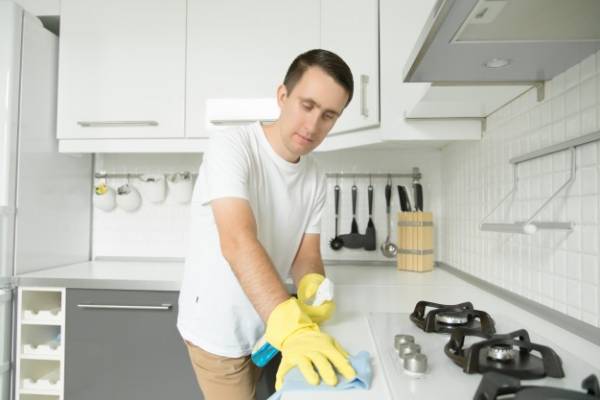
Baking soda can be used to clean the stove
Baking soda and ammonia:
Ammonia isn’t ideal for cleaning everything, but it’s the best for cleaning your gas. As a result, you will have less work to do. The next day, wash the removable burners and see how they shine after putting them in a bag and soaking them in ammonia.
Baking soda and oxygenated water:
This amount of power is also found in several other cleaners. Any leftovers on your stove can be rubbed with it. Pour oxygenated water slowly over the baking soda-coated surface. Rinse your hands after doing the work.
Water that is boiling:
You should try it if you don’t have any additional products around the house. Pour boiling water over the dirty surface gently and carefully. The hard things will fade quickly if left to cool, and if necessary, you can wash the sponge with soap. As it uses natural elements and is chemical-free, it is a simple and environmentally friendly solution.
Baking soda and salt:
Add a tablespoon of baking soda and a tablespoon of salt; then add a tablespoon of water to make a dough. Rub the mixture on the dirt with a cloth dipped in the mixture. Fluids are absorbed and cleaned.
Olive oil or vegetable oil:
Vegetable oil or olive oil can be poured on your stove using this method. Apply the oil to the surface with a cloth. It also works on the kitchen hood.
Water and soap:
Remove the gas flames to accomplish this. Clean the rest with a cloth and mild soap and water. Make a thick paste of baking soda and water and rub it on any cooked food that won’t perish. Put the burners in place after 20 minutes of cleaning and rinsing.
Vinegar white:
The best cleanser is white vinegar. As well as cleaning glassware, it removes stains and stains. In a spray bottle, mix two parts white vinegar with two parts water, and apply it to the masses to remove dirt. This combination can be used to clean and disinfect your kitchen.
Lemon and baking soda:
Baking soda has antibacterial properties, as does lemon oil. There are excellent particles in baking soda that help remove stains, yet it is gentle enough not to scratch the glass. Rub half a lemon on the surface and then sprinkle a little baking soda on top. Wipe off the remaining soda and lemon particles with a damp cloth.
Baking soda and dishwashing liquid:
Mix dish soap and baking soda in a small bowl until it forms a foamy texture. Once the mixture has been poured on the surface and the pan, rub it onto the dish to loosen the dirt. After one hour, transfer the container to the zippered bags and clean it again.
Materials for industrial gas cleaning:
Cleaners for gas work well. Remove the gas’s detachable parts, place them in a well-ventilated area, and spray with a commercial cleaner. After a few hours or overnight, rinse them in hot water and clean fluid.
For non-smooth surfaces, use a sponge, and for glossy surfaces, a soft cloth. Before replacing them with gas, allow them to dry completely.
Blade:
Try using a razor on those burnt and hard spots. Hold the razor blade at an angle and firmly. You can clean the rest of the material once you have removed the burnt stains from your stove’s flames.
Tips for cleaning the stove:
Make sure the stove is cold before trying any of these methods.
Using a damp paper towel, wipe off any food particles.
Keep it clean after each use so that you don’t have to clean it too hard.
Cleaning the stove regularly makes it easier to clean. Stains become harder the longer you delay cleaning the stove and kitchen utensils.
From an aesthetic and practical perspective, it is essential to keep it clean.
Fuel valves and stove vents can become clogged and damaged without proper maintenance.



